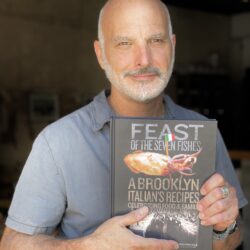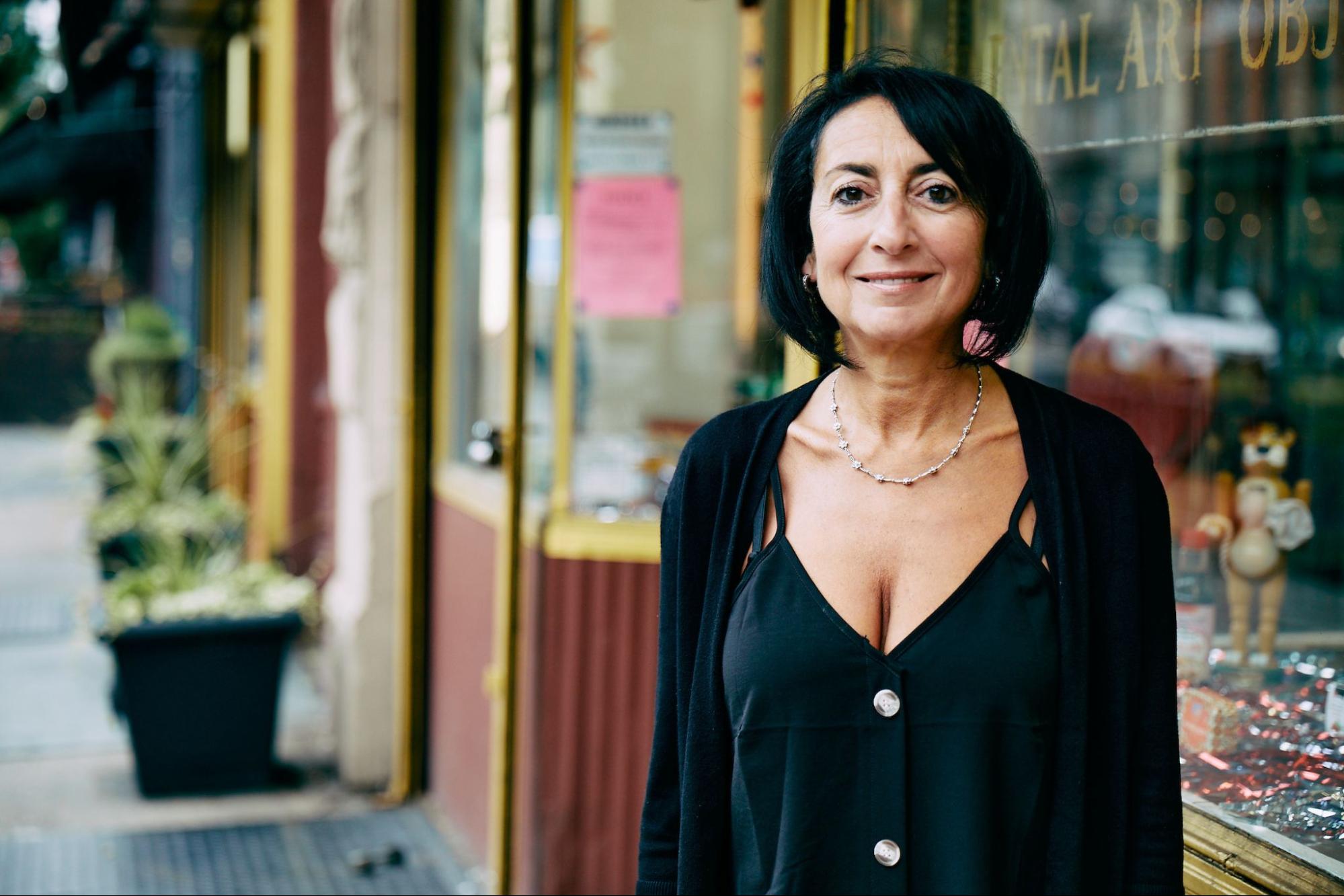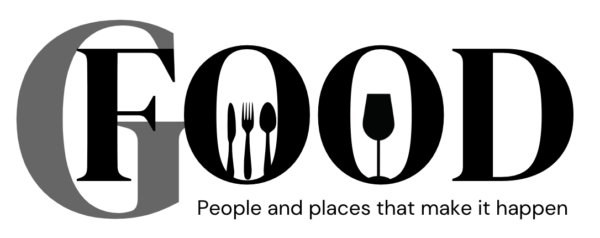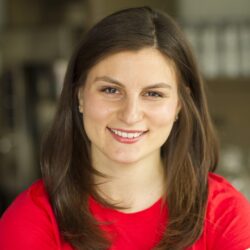
Christine Sahadi brings her family food dynasty into the new century

Photo: Kristin Teig
Leave a Comment
Leave a Comment

Brooklyn Heights
View MoreRead the Brooklyn Height's Press and Cobble Hill News. Find out more about Brooklyn Height's History here.




